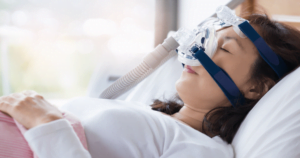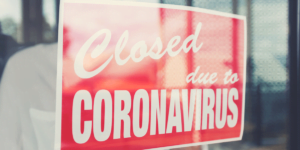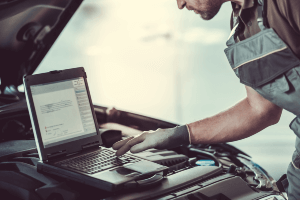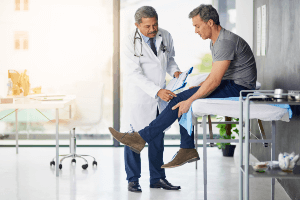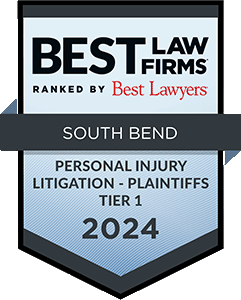Personal injury law is synonymous with auto accidents. Although the area of law focuses on much more than that, auto accidents are first thing that people think of alongside the words “personal injury lawyer”. Many personal injury lawyers in South Bend, however, would like people to think of other things alongside the words “auto accident”. In fact, there are five things that everyone must do when in an auto accident.
1. Check for injury.
Moving your body immediately after an accident can worsen an injury in a major accident. Do not move if you have no feeling in any part of your body or feel severe pain until you can be sure that no major damage has been done. When the emergency personnel comes later, have them check any injury, no matter how minor.
If they recommend a visit to the hospital, then go!
2. Call 911.
Report the accident even if it is a minor fender bender. Resist the urge to settle with the other driver, even if money is offered. (See number 4.)
3. Move out of traffic.
If you can move the car, get it out of the line of traffic. This will keep you safe and prevent other cars from becoming part of the accident.
4. Exchange information.
Get the other driver’s information, even if she asks you to settle outside of the insurance companies. Roadside settlements are not binding. They do not prevent the driver from taking you to court later for damage. Such an agreement also does not cover the health issues and auto damage that you may find later on.
Take down the following information:
- Name
- Date and time
- Vehicle description, including VIN and plate number
- The other driver’s license information
- The other driver’s insurance information
- Location
- Names of nearby witnesses if the police haven’t done it already.
5. Take notes and pictures of everything.
All of this fresh information will help the attorney that will eventually take your case. If you must, use the voice recorder found on all cell phone today to dictate notes on the scene. Use the same cell phone to take pictures.
Capture any marks, both cars from all angles, and also a panoramic view of the entire scene. You may not see something that can help, but let your attorney be the judge of that.
Do not leave the scene until the police and emergency personnel release you. Most people will call an attorney next, but that may not be necessary. You only need an attorney immediately if someone dies, the other driver is uninsured, or there is significant property damage. When you do hire an attorney, turn over all of your pictures and notes.
Do not investigate. Leave that to the professionals.
